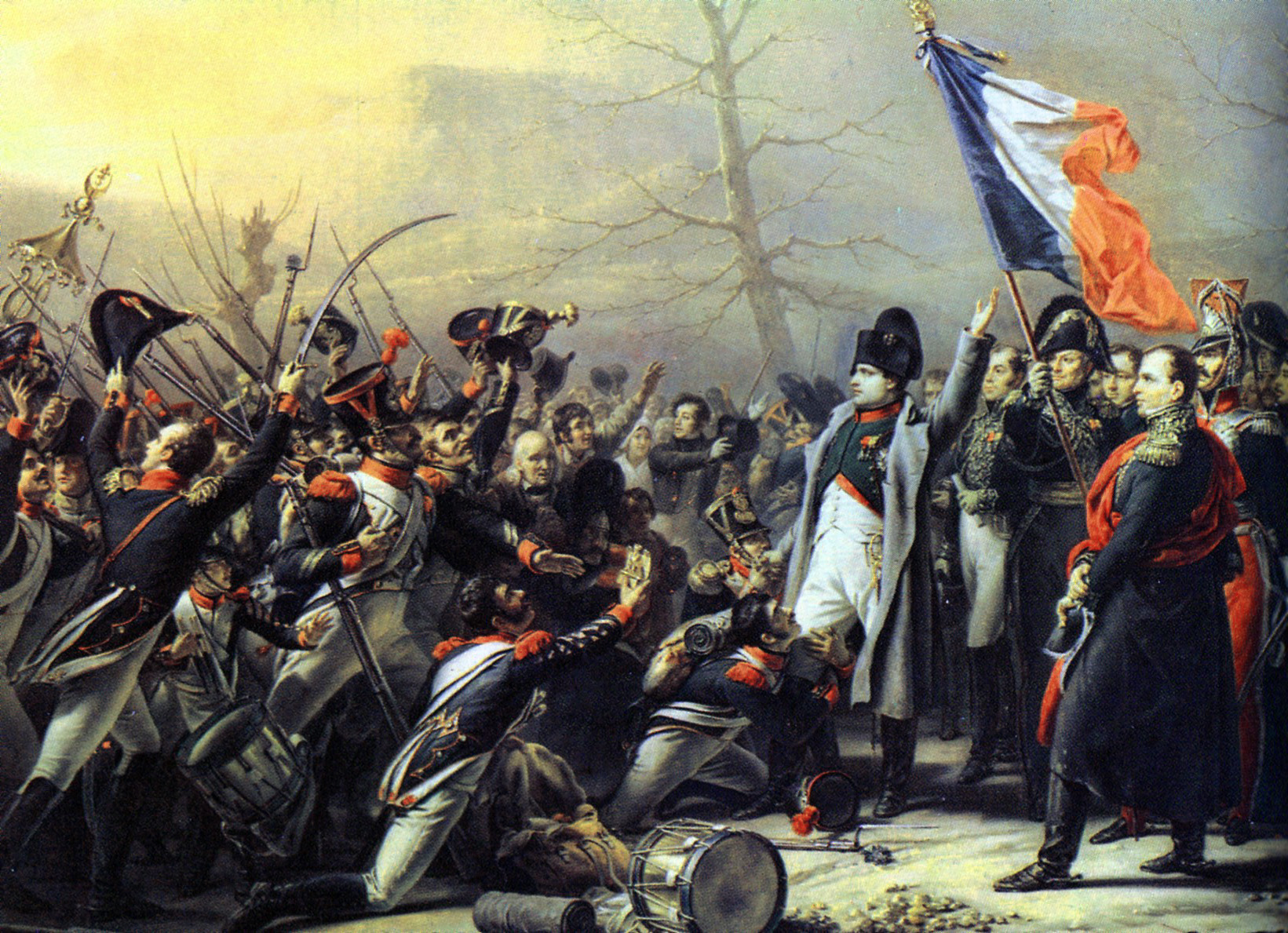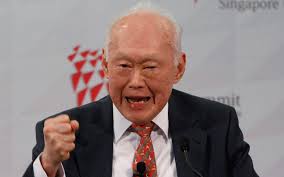One of the defining aspects of leadership is courage: having the bravery not only to stand up and ask people to follow but also to put one’s head over the parapet.
Napoleon Bonaparte – the successful young general who emerged unexpectedly as France’s head of state after the excitement, chaos and bloodshed of the French Revolution – had many truly remarkable leadership skills and a few deeply significant character defects that would lead to his downfall. This is, of course, what makes him so interesting to any student of leadership [See my blog Napoleon Bonaparte: the best of leaders; the worst of leaders].
The one thing that cannot be questioned was Napoleon’s unflinching bravery: his willingness to put himself, apparently without a second thought, into the line of fire. There appears to have been an element of fatalism in this: it was Napoleon who said, in 1814, ‘The bullet that will kill me is not yet cast’
Too close to home; too lightly guarded
When Bonaparte made his dramatic return to France from exile in Elba in 1815, he was uncertain of the reception that the French people would offer him. Napoleon had finally been defeated by yet another alliance of the most powerful states in Europe as he and France struggled to recover from his ill-judged and disastrous invasion of Russia.
Napoleon’s famous Grande Armée had been literally wiped out on the appalling retreat from Moscow: of the unprecedented army of 600,000 that invaded Russia in 1812, only 93,000 returned to France.
Napoleon quickly built a new army, but his enemies – quite rightly – scented blood. After his defeat, Napoleon had been exiled to Elba: too close to home, too lightly guarded. After less than a year on Elba, Napoleon escaped and set sail for France. He was re-entering a country that could very easily have decided that it was as heartily sick of him as it was of his murderous wars.
His initial reception at the coast of Provence (in what is now the heart of the glamorous French Riviera, but was then a very rural backwater) was distinctly chilly.
Many Provençals were supporters of the restored Bourbon monarchy, represented by the monstrously fat Louis XVIII, previously Comte de Provence.
Napoleon headed north with the 1,050 troops that he had most unwisely been allowed to retain as his garrison on Elba, marching his little band up into the French Alps, towards the more cosmopolitan, and hopefully more republican, city of Grenoble.
‘Your Emperor is advancing towards you: if you fire he will be first to fall.’
Louis XVIII’s new government, terrified at the news that the great man was back in France but certain that he could quickly be brought to heel, had already declared that it was every soldier’s duty to shoot Napoleon on sight. As Napoleon’s band approached Grenoble, a royalist General made a stand with his troops at a narrow pass approaching the city, near the village of Laffray.
Napoleon was determined that his return to power would be a bloodless coup; that the people of France would be seen to have welcomed him back with open arms. A messenger was sent to the troops at Laffray.
‘The Emperor is on the point of advancing towards you. If you fire he will be the first to fall and you will answer for it to the whole of France.’
The government troops took nervous aim as Napoleon’s few Polish lancers rode towards the pass and then wheeled aside to reveal the veteran soldiers of the Old Guard. These had been the shock troops of the imperial Grande Armée, thrown into battle at a decisive stage to break the enemy line.
Utterly fearless and fanatically devoted to the Emperor, they had accompanied Napoleon into exile and had returned to bring him back to power. On Napoleon’s orders, the Guard advanced with their muskets reversed, with Napoleon himself at their front. The commanding officer of the government troops gave the order to fire. The soldiers disobeyed and refused.
‘If there is one of you who would kill his Emperor, here I am.’
Napoleon continued to walk on, to within easy range of the guns.
‘Soldiers, I am your emperor. Know me! If there is one of you who would kill his Emperor, here I am’.
He threw open his famous grey greatcoat, inviting a shot.
It was more than the government soldiers could bear; they abandoned their weapons and ran towards the invaders, shouting ‘Vive l’Empereur!’
They tore the white royalist cockades off their shakos and threw them to the ground. They clamoured around Napoleon, reaching out to touch him, weeping. Their great leader was back amongst them.
The hapless officer offered his sword to Napoleon and may well have feared the worst. Instead he was swept into a forgiving embrace.
From this moment on, Napoleon’s pitiful invasion began to turn inexorably into a victory parade towards Paris: he was to enter the capital only twenty days later, carried into the Tuileries on the shoulders of an adoring army. Louis XVIII and his aristocratic supporters had already left the country.
The 100 Days
Napoleon, having swept back to power, was to have the famous ‘100 days’ in which to attempt to prevent the Allies from defeating him once more and reinstalling Louis XVIII. He showed much of his previous brilliance and capacity for sheer hard work, driving his Minister of War, the faithful Marshal Davoud, to distraction as Napoleon galvanised the nation for yet another decisive struggle.
The British and the Prussians were massing troops in Belgium; Napoleon attacked the Prussians before they could join forces with the Duke of Wellington’s British army – seeking , as ever, to destroy his enemy piecemeal before they could assemble decisive force against him. He beat the Prussians, but allowed himself to be persuaded that they would retreat back down their lines of communication, to the east, back towards home.
But the veteran Prussian commander, Prince Blucher, had promised to meet up with Wellington. Ignoring the advice of his Staff, and fortified with gin and garlic, he marched north, following Wellington’s own retreat from Quatre Bras, made untenable by the Prussian’s defeat, and staying in communication with the Anglo-Dutch forces. The subsequent Battle of Waterloo was won, and Napoleon’s remarkable last attempt to regain power was lost.
Napoleon is an outstanding example of a leader who was meticulous in his planning: he had a formidable intellect and a remarkable memory; he thought through all of his major endeavours in minute detail. But the return from Elba was always a desperate throw.
In decisive incidents such as that at Laffray, planning goes out of the window. In moments of crisis, great leaders stand up fearlessly, asking people to follow them.
Napoleon Bonaparte is featured in Section 3 of History Lessons: ‘Doing the Planning’




